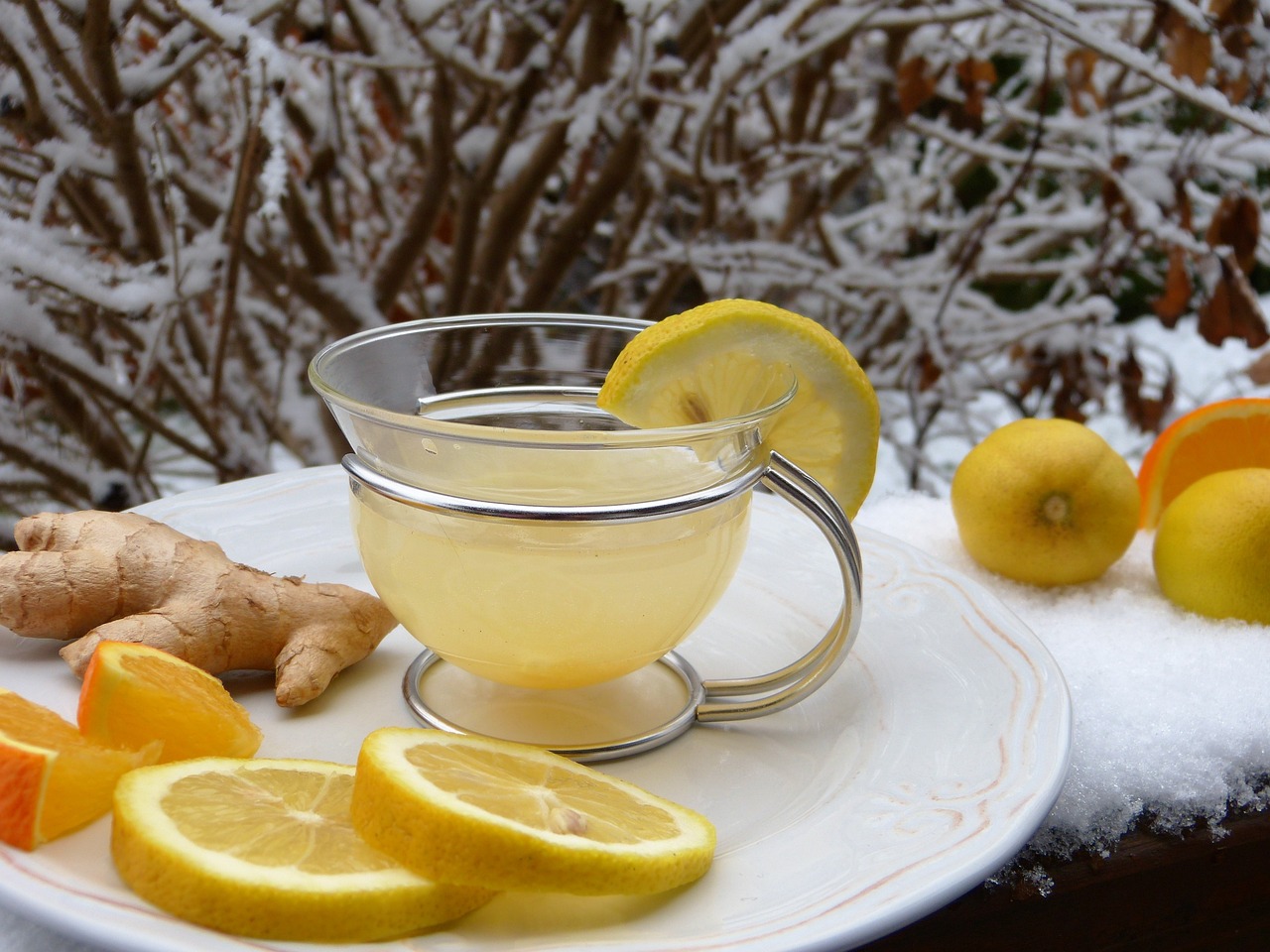
What Metabolic Changes Occur and How to Counteract Them
As we age, the basal metabolic rate (the amount of energy consumed by the body at rest) decreases. This leads to a slower calorie burn and, consequently, a greater tendency to gain weight. Additionally, there is a reduction in muscle mass and the production of essential hormones such as testosterone and estrogen.
To combat these effects, it is important to adopt a balanced diet rich in quality proteins, healthy fats, and complex carbohydrates. Some of the best dietary choices include:
- Green vegetables such as spinach, broccoli, and kale.
- Fruits rich in antioxidants, such as berries.
- Lean proteins, including fish, chicken, and legumes.
- Healthy fats from nuts, avocado, and olive oil.
Hydration is essential, as a well-hydrated body functions more efficiently. Also, avoiding refined sugar and processed foods can help maintain an active metabolism.
Exercises and Supplements Suitable for Each Age
Regular physical activity is one of the most important factors in maintaining energy and health. As we go through different life stages, our physical needs change.
- After 30: Strength training is essential to prevent muscle loss. Weight training, yoga, and resistance exercises are excellent choices.
- After 40: A combination of strength training and cardiovascular exercises, such as brisk walking, moderate running, and cycling, is recommended.
- After 50: Flexibility and balance become priorities. Pilates, stretching, and balance exercises help prevent injuries.
When it comes to supplements, some of the most beneficial include:
- Vitamin D and calcium for bone health.
- Omega-3 for heart protection and inflammation reduction.
- Magnesium for quality sleep and stress reduction.
- Collagen for maintaining skin elasticity and healthy joints.
Scientifically Proven Anti-Aging Strategies
The aging process can be influenced by multiple factors, and some scientifically proven strategies can help maintain overall health:
- Anti-aging nutrition – Consuming antioxidant-rich foods, such as berries, nuts, and colorful vegetables, helps reduce oxidative stress.
- Intermittent fasting – Studies show that intermittent fasting can aid cellular regeneration and reduce inflammation in the body.
- Quality sleep – Lack of sleep leads to increased cortisol levels, which accelerates the aging process.
- Stress reduction – Practices such as meditation, breathing exercises, and spending time in nature contribute to stress reduction and the prevention of chronic diseases.
- Maintaining an active social life – Strong social relationships are linked to a longer and happier life.
By adopting healthy habits and a balanced approach, we can stay active, energetic, and healthy regardless of age. The key is to be consistent and make informed choices for our physical and mental well-being.







